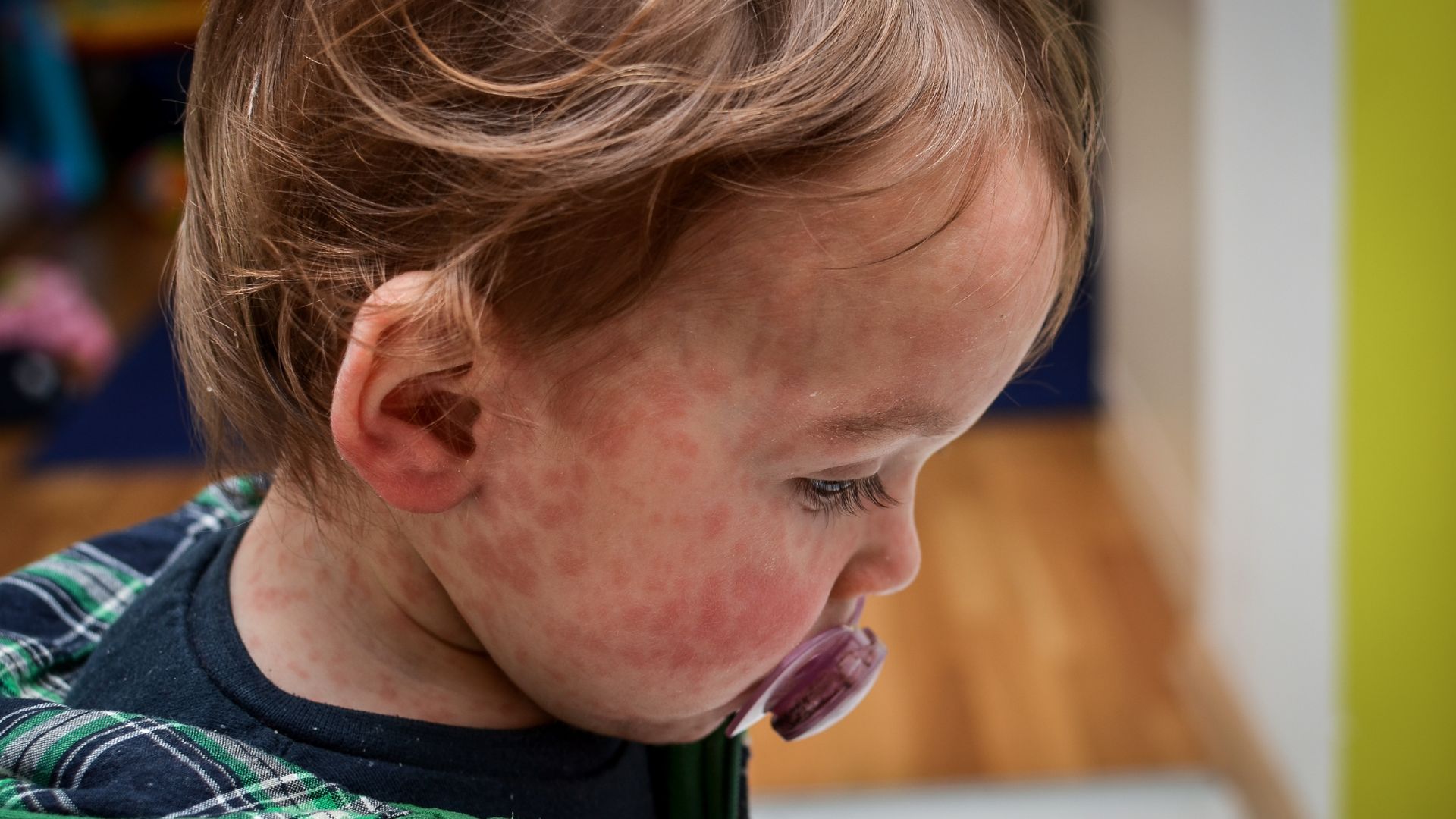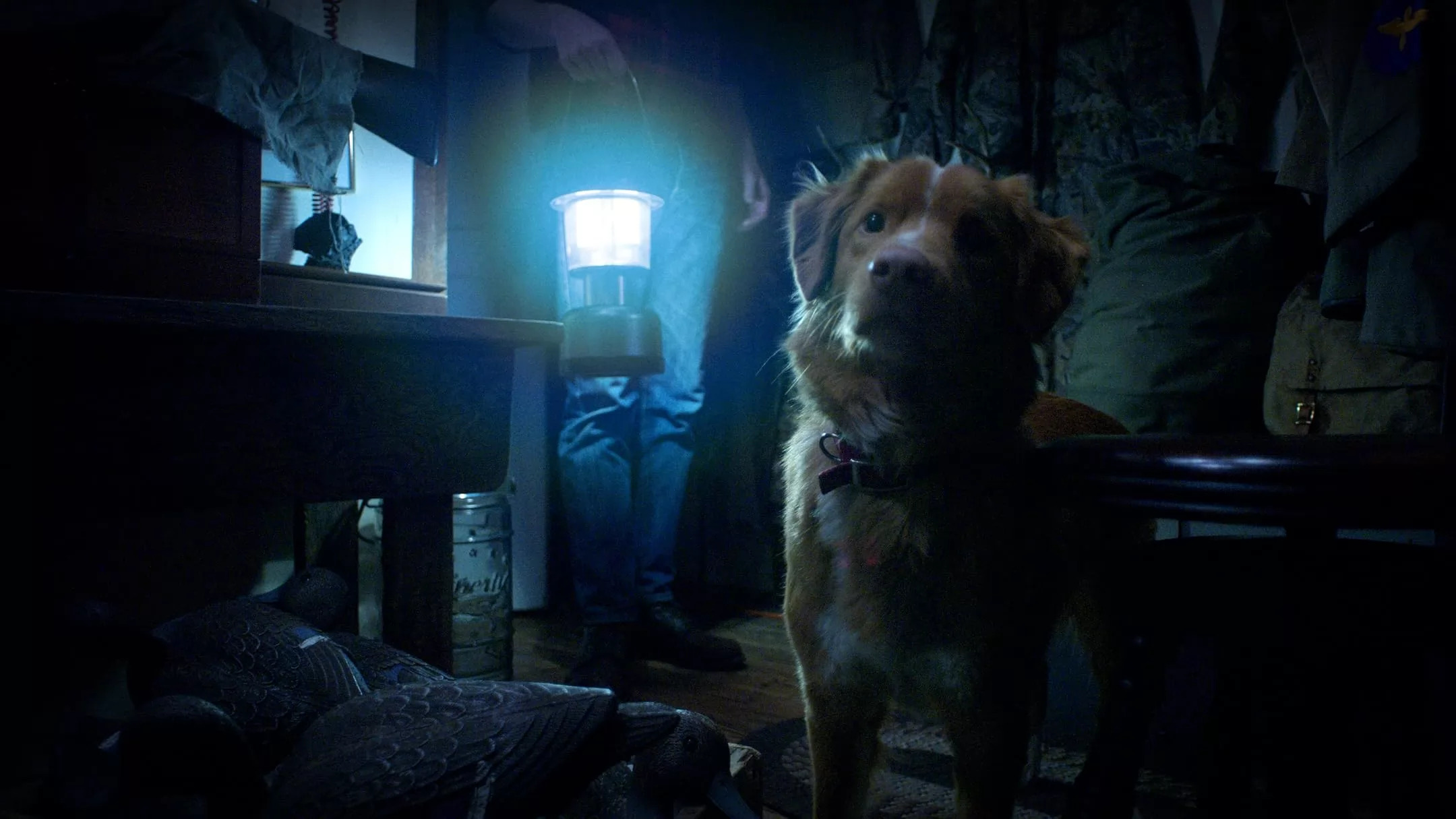Between January and October 2023, more than 30,000 cases of measles were recorded in 40 of the 53 member states of the European branch of the World Health Organization (WHO). This is 30 times more than in 2022, when 941 cases were reported.
21,000 hospitalizations and five deaths
These data, communicated by the WHO on Tuesday 23 January, highlight the enormous resurgence of this highly contagious viral disease which spreads easily when an infected person breathes, coughs or sneezes and which can lead to serious illness, complications or even death.
Kazakhstan and Russia are the two countries most affected by measles, with 10,000 cases each over 10 months. The European country with the least resurgence of the disease is the United Kingdom, with 183 cases recorded.
Furthermore, the WHO warns, measles is responsible for 21,000 hospitalizations and five deaths in this period. “It’s worrying”said WHO regional director Hans Kluge, who asks “Urgent vaccination efforts to stop transmission and prevent spread”.
A decline in vaccination coverage since 2020
How to explain such a strong increase in a disease that almost disappeared in Europe about ten years ago? “The Covid-19 pandemic has had a significant impact on the performance of the immunization system during this period, leading to an accumulation of unvaccinated or insufficiently vaccinated children”, explains the WHO in its press release. Between 2020 and 2022, 1.8 million newborns in Europe were not vaccinated due to the pandemic. In 2022 only 92% of European children will have received a second dose of vaccines. However, at least 95% of children must be vaccinated to avoid potential epidemic outbreaks.
Read also: Because getting vaccinated is a civic gesture
The MMR, victim of fake news
Furthermore, the MMR vaccine (which protects against measles, mumps and rubella) still suffers – wrongly – from a bad reputation. In 1998, a study published in the prestigious medical journal The Lancet had established a link between MMR vaccine and autism spectrum disorders. It has since been shown that the results of this research were falsified and that there was no conclusive link between vaccination and autism. Its author, surgeon Andrew Wakefield, has since been disregistered by the British Medical Association. But this falsified caused damage. Hence the appeal from the WHO, which now calls for an intensification of awareness campaigns aimed at unvaccinated populations.
For his part, France is less concerned than some of its neighbors about rising measles cases. Only 15 cases have been reported in 2022, five of which were imported. According to health authorities, this is due to improved vaccination coverage among newborns. Since 2018, MMR vaccination has been mandatory, whereas previously it was only recommended.
What if the movie you were going to see tonight was a dump? Each week, Kalindi Ramphul gives you her opinion on which movie to see (or not) on the show The Only Opinion That Matters.
Source: Madmoizelle
Mary Crossley is an author at “The Fashion Vibes”. She is a seasoned journalist who is dedicated to delivering the latest news to her readers. With a keen sense of what’s important, Mary covers a wide range of topics, from politics to lifestyle and everything in between.





